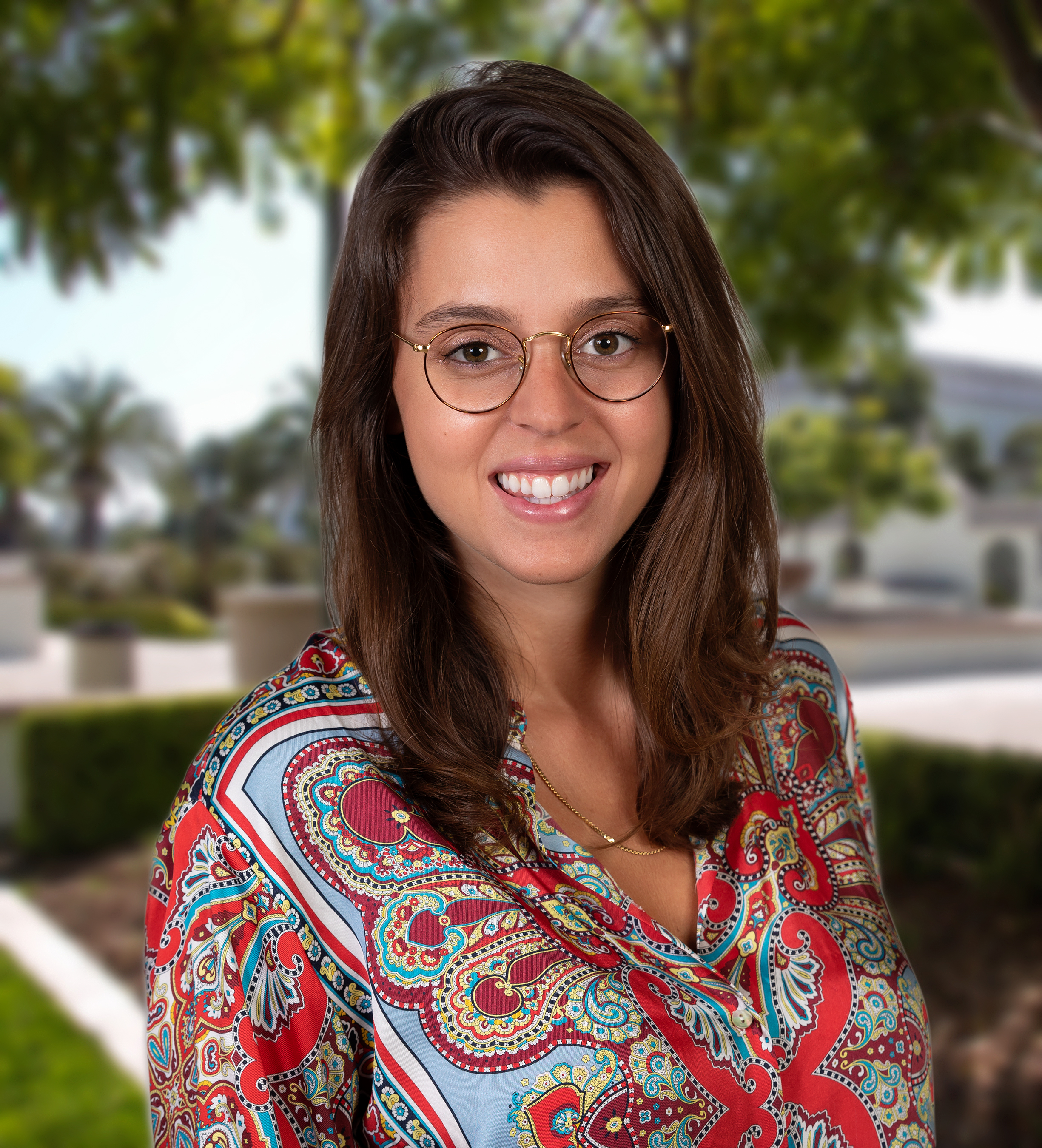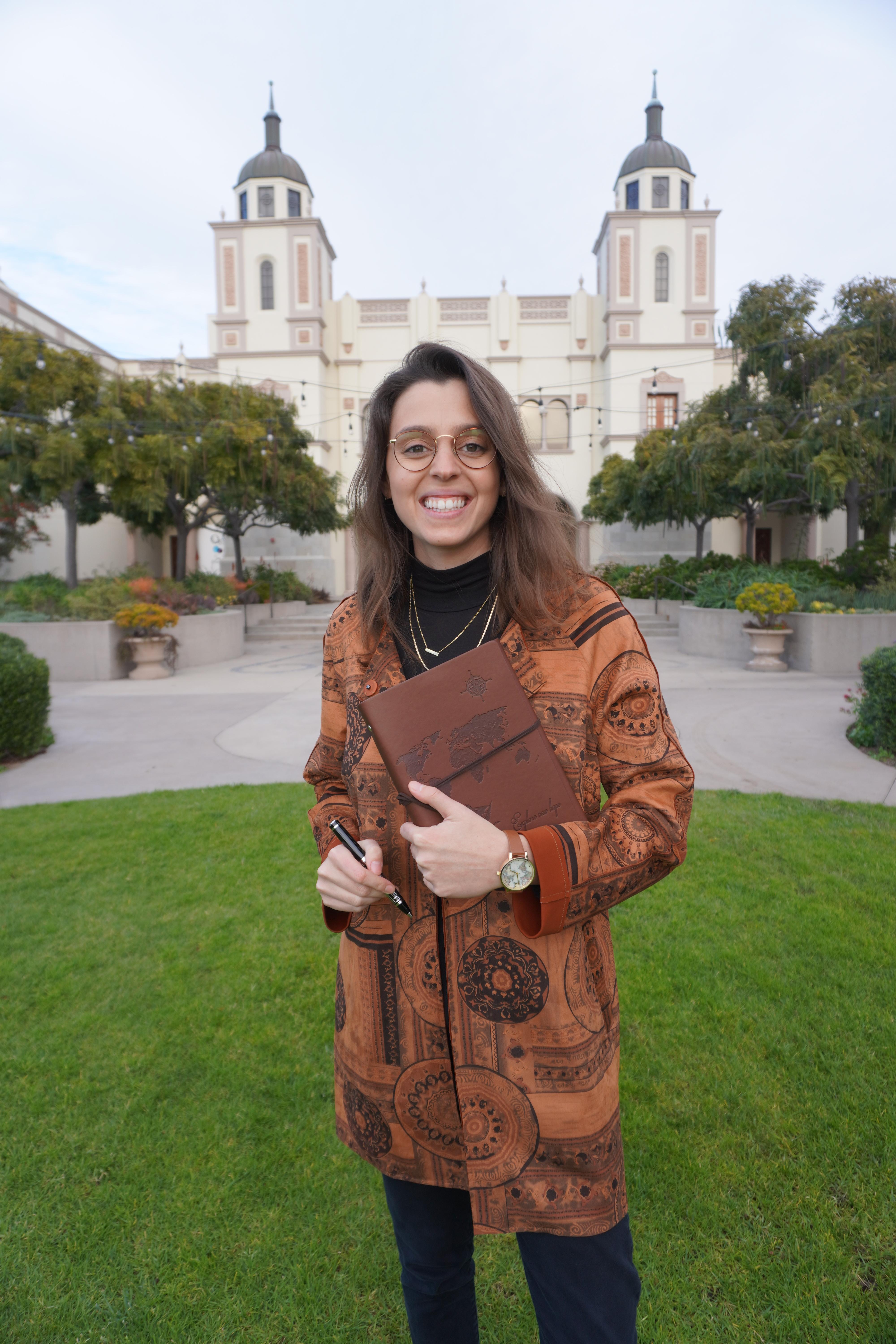I had the privilege of attending Climate Week NYC 2022. This experience opened my eyes and heart to the daunting challenges that climate change presents to every aspect of our shared humanity while highlighting the importance of our work as a collective to address our climate emergency. I could write pages about what I learned — from the cutting-edge technological solutions to mitigate carbon emissions, or the importance of measuring sustainability throughout the supply chain, or how to best implement Nature Based Solutions into your Net Zero Strategy… but there are plenty of webinars that can do just that. Instead, I want to take a moment to highlight the systemic inequalities on display during Climate Week NYC.
I spent the beginning of the week in state-of-the-art conference centers, witnessing well-produced panel discussions led by high-level executives who shared their experiences of addressing climate change in their organizations. I watched as my peers dressed in suits sat quietly by, listened to people of power and influence, and took notes. Halfway through the week, after a packed day of panels, I opted to go to an off-site meeting, somewhat separate from the rest of the programming. After journeying through a city plagued by overconsumption, pollution, and inequalities, I found myself in a dimly lit classroom in the back halls of the United Nations campus for a Women in Climate Justice event. The stark contrast between the production of the morning’s sessions and the UN space that evening was evident. It showed what is valued and invested in throughout the climate movement, and at that moment, I realized that durable change could never be sustained without bridging this gap — between those with access and those without. Across the street, the UN General Assembly was taking place: through the classroom window, I saw world leaders gathering to make decisions that none of us would have a voice in. Where I stood, I saw five indigenous women, beautifully diverse in their lived experience, all climate justice leaders, gathering to share the impacts of climate change on their local communities, families, and lives. They spoke of a climate reality that the corporate and government leaders would never truly know, a reality that must be centered on addressing this crisis.The contrast of these spaces demonstrates how much the current climate narrative elevates voices that already hold institutional power while minimizing the voices of those at the heart of our climate emergency. We have allowed the climate crisis to further exacerbate inequalities on a global scale as we have looked to major institutions to guide us, neglecting the voices and solutions of those who have lived the worst effects of climate change. It is essential to build bridges between those in power and those on the ground, between those with access and those without, and between those who are formally educated and those with generational or lived wisdom. I returned from Climate Week with a wealth of knowledge on climate solutions, but most of all, a deep understanding of the necessity to elevate these too often ignored voices into spaces where decisions are being made. If you made it to the end of this reflection, I ask you this: continue to be the bridge, continue to see the global inequalities that have been exacerbated by climate change, and continue to turn to those with lived experience to lead us forward.

About the Author
Brittany is an Alumnus of the Kroc School of Peace Studies. She graduated with an MA in Social Innovation in 2022.






